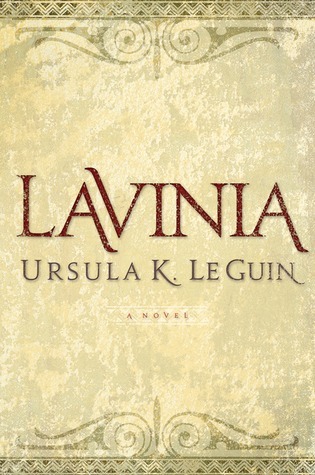What do you think?
Rate this book


279 pages, Hardcover
First published April 21, 2008

I think if you have lost a great happiness and try to recall it, you're only asking for sorrow, but if you do not try to dwell on the happiness, sometimes you find it dwelling in your heart and body, silent but sustaining.